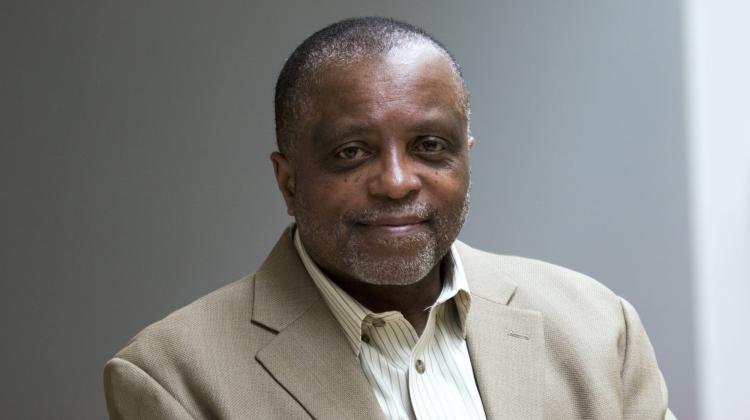Elisabeth Reynolds
Elisabeth Reynolds is Professor of the Practice focused on systems of innovation, manufacturing and industrial competitiveness, and regional economic development. Her recent research and policy work has focused on growing innovative companies to scale, digital technology adoption and inclusive growth.
Liz was Special Assistant to President Biden for Manufacturing and Economic Development at the National Economic Council (NEC, 2021/2022) where she helped lead the Administration's work on national manufacturing strategy, supply chain resilience and industrial strategy.
Prior to her work at the White House, she was Principal Research Scientist and executive director of the MIT Industrial Performance Center (2010-2021), an interdisciplinary research center focused on systems of innovation and industrial transformation. She also co-led, with Professors David Autor and David Mindell, the MIT Task Force on the Work of the Future (2018-2021) which examined the relationship between emerging technologies, the nature of work, and U.S. institutions. In 2022, Autor, Mindell and Reynolds published Work of the Future: Building Better Jobs in an Age of Intelligent Machines.
Liz has worked on rebuilding U.S. manufacturing capabilities at the federal and state level, including for three Massachusetts governors. She represents MIT on the board of the Manufacturing USA Institute, Advanced Functional Fabrics of America (AFFOA) and is also an advisor to the Special Competitive Studies Project, a Washington think tank focused on U.S. national security and critical technologies.
Before coming to MIT for her Ph.D., Reynolds was the Director of the City Advisory Practice at the Initiative for a Competitive Inner City (ICIC), a non-profit founded by Professor Michael Porter focused on job and business growth in inner city and urban areas.
Liz holds a B.A. in government from Harvard. She was the Fiske Scholar at Trinity College, Cambridge and holds a Master’s in Economics from the University of Montreal and a Ph.D. from MIT’s Department of Urban Studies and Planning.







